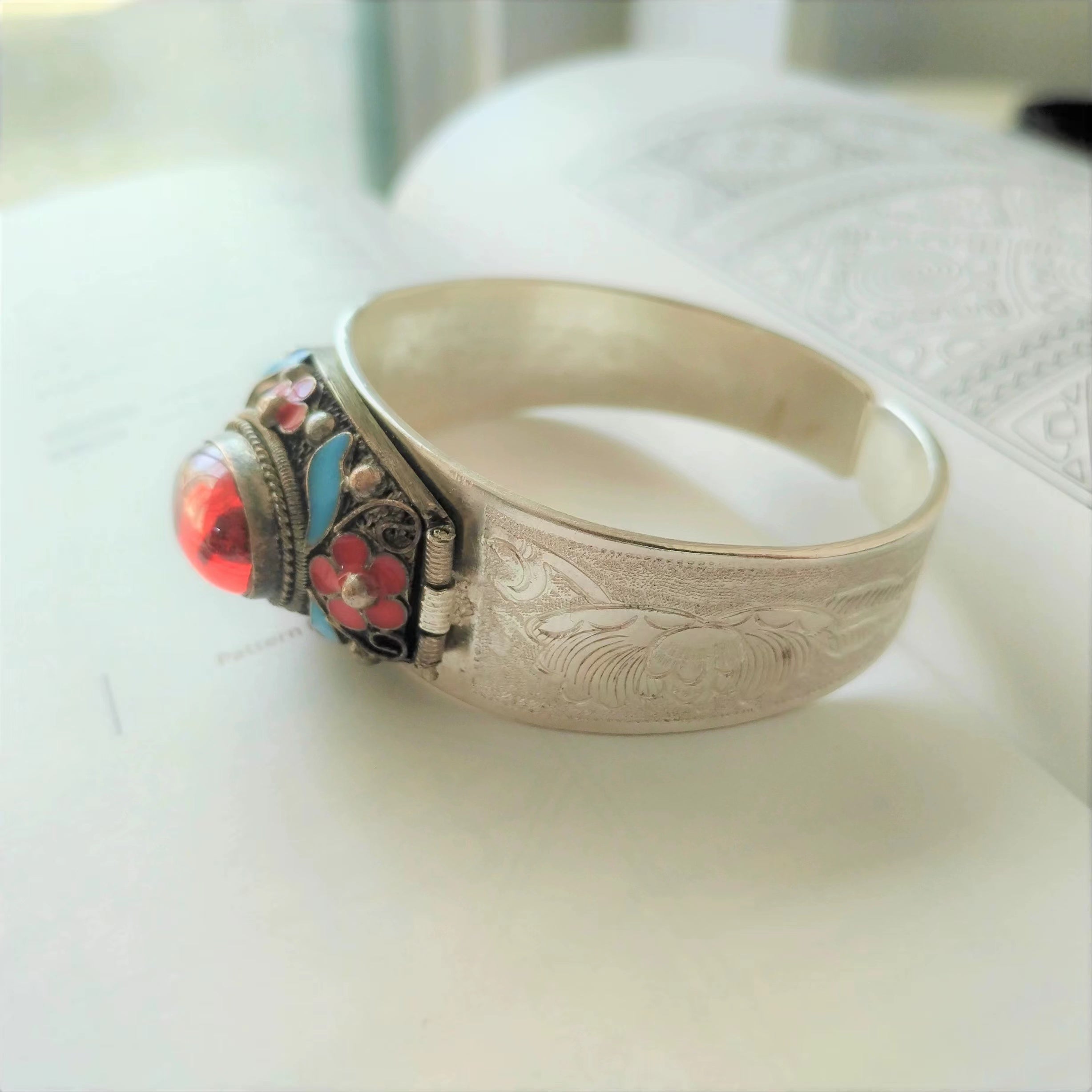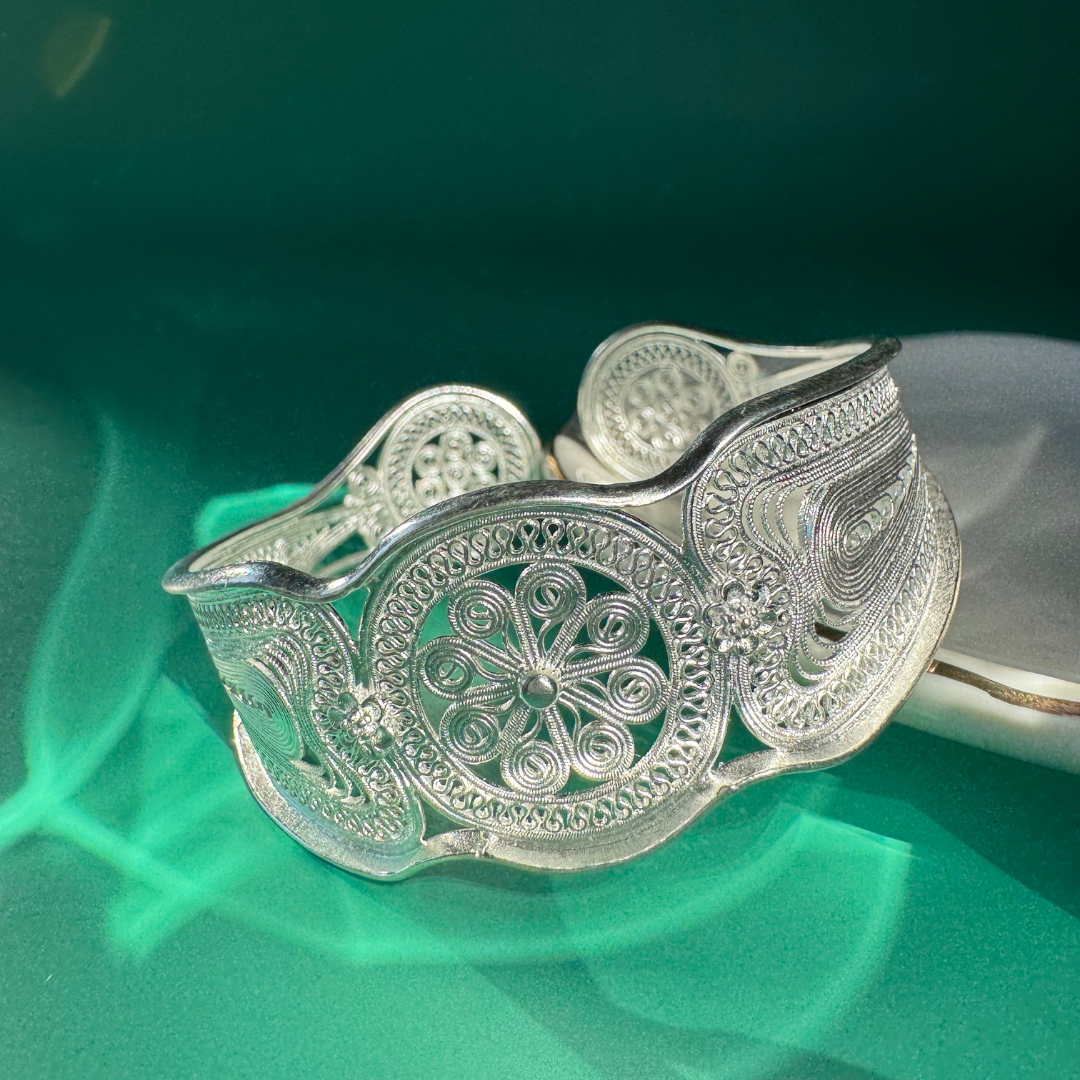EBNIX Brand Story – A Legacy of Handcrafted Excellence

Our Journey
Hello, I'm Qiyi, the founder of EBNIX. I grew up in Guizhou, a place rich in natural beauty and cultural diversity, yet often confused with another region, Guangzhou. Guizhou isn't just any province; it's a place of cool summers and mild winters. Guizhou is also the second most ethnically diverse province in China, home to 48 out of 55 Chinese minority groups, including the Miao, Dong, Tujia, Yao, Bouyei and Gelao people. This diversity is what makes it special, and it's where I found my calling.
During a trip to Kaili, the center of Miao culture, I discovered a world-class treasure: the Miao Silversmithing, this renowned craft is nationally recognized as a Chinese National Intangible Cultural Heritage practice in 2006.

The Art of Craftsmanship
The Miao have been silversmithing for over 400 years. They have worn silver jewelry to ward off evil spirits or attract good fortune. I was captivated by their intricate process of silver jewelry making. Miao artisans create them through a labor of love, involving over 30 steps to make one piece including casting, hammering, wiring, rolling, stretching, filigree, carving, welding, and polishing. Knowledge as well as many of the tools have been handed down among families across generations. Unlike factory-made items, Miao silver jewelry presents differently even within the same design, due to the intricate process.































A Spark of Inspiration
Despite its beauty and depth, Miao silversmithing faces the risk of fading away, threatened by the fast pace of the modern world and the conservative heritage tradition. Traditionally, the craftsmanship was passed down from father to son, adhering to the principle of passing the knowledge to men but not to women, and within the family but not to outsiders. It wasn't until the mid-90s that women were allowed to learn Miao silversmithing from their fathers. While everyone can learn this craftsmanship nowadays, it takes more than 5 years to become a skilled artisan.
Fast fashion in the modern era tends to favor minimalism styles and practices. The conflicts between minimalism and complexity, traditional design and modern style, leave the new generation of artisans questioning the future. But I saw this not as an end. Rather, I saw it as a beginning. EBNIX was born from the chance to bridge the old and the new, carry stories and values deeply rooted in the Miao culture.
We see our jewelry as more than accessories. It is a medium that keeps the 400-year-old Miao silversmithing tradition alive. Welcome to EBNIX, where every piece is a journey. Explore our collection and feel the resilience, positivity, and prosperity of the rich Miao culture through craftsmanship.
